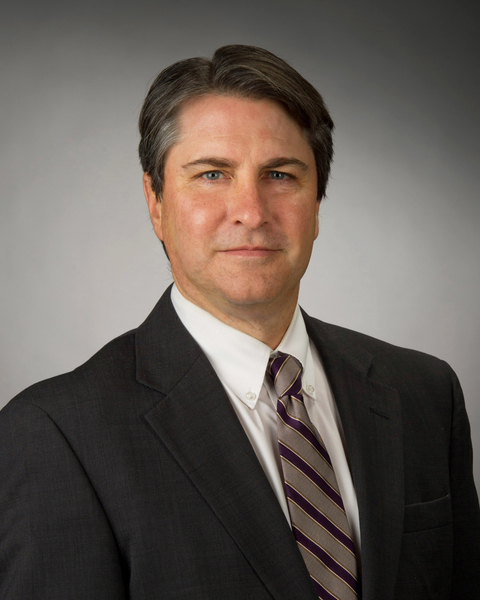 Patrick Deneen
Patrick Deneen
A member of the University of Notre Dame political science faculty since 2012, Patrick Deneen is the David A. Potenziani Memorial Associate Professor of Constitutional Studies. He teaches and writes about the history of political thought, American political thought, religion and politics, and literature and politics. Books he has published on these subjects include “The Odyssey of Political Theory,” “Democratic Faith,” “Democracy’s Literature,” “The Democratic Soul” and “Redeeming Democracy in America.” We asked him a few questions about Catholic social teaching in American politics.
How would you describe the scholarship you pursue?
I am interested in the “big questions” of political philosophy: What is politics, citizenship, community, freedom, equality and justice? How should we best organize our lives together? What conditions foster human flourishing and what forms of government and civic life seem most to accord with our nature? And so on. To begin answering these questions, I’ve studied and written on authors and works ranging from Homer, Plato, Aristotle and Augustine to Rousseau, Tocqueville, The Federalist Papers, Orestes Brownson, Mark Twain and the film “It’s A Wonderful Life,” just for starters. I’ve written and continue to write, with the help of such authors, on subsets of those questions, such as: Should we aspire to community or mobility? Is belief in democracy a kind of “faith?” In what ways does liberalism shape our souls, for good and ill? How should we seek to educate citizens in a liberal democracy? Has the American constitutional order been grounded on a sound or flawed political philosophy?
How well or badly do you think Catholic social teaching is reflected or represented in American society and politics today?
Woefully, Catholic social teaching has been chopped up and parceled out in pieces among various political actors, parties and organizations in contemporary American society. This is to say, many people of diverse political views can justifiably claim to follow parts of Catholic social teaching, but it’s exceedingly rare to find anyone in a prominent public position who strives to adhere to its totality. One could see the glass as half-full and say that at least parts of Catholic social teaching inform most American political actors, whether a concern for the immigrant, the worker, the poor, the disabled, the unborn, the health and stability of families and the strength of civil society. But one might equally see the glass as half-empty and conclude that chopping up a social philosophy that is otherwise cohesive and meant to be taken as a whole renders it incoherent and ineffectual.
What do you regard as the responsibilities of a Catholic public intellectual these days?
In our polarized nation, it is in the first instance to be Catholic rather than defined by a particular partisan label. This will often mean expressing disagreement with people of all parties and positions, as well as finding points of commonality with the same, and to explain how these simultaneous responses are coherent from a Catholic perspective. Secondly, it is to provide intellectual reflection informed by one’s faith especially for fellow Catholics, as well as those who might be curious about Catholicism and even those who are indifferent and hostile, to understand Catholic beliefs in a modern context, particularly (in my field) as they intersect with social and political life. And lastly, it is to be public: to strive for accessibility and inclusion in ways that resist academic jargon and narrow specialization, to take seriously our responsibility as stewards of an intellectual tradition, and to make that great inheritance available and relevant to those who are not blessed with the leisure and training of a college professor.
Contact: Patrick Deneen, 574-631-7659, pdeneen1@nd.edu